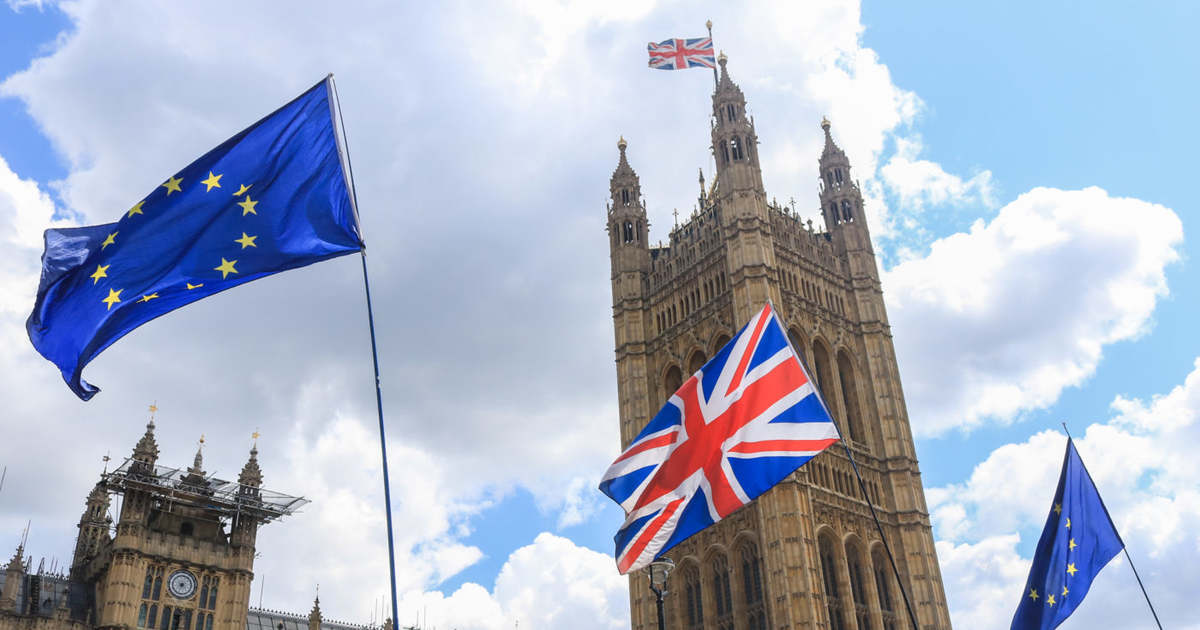This was agreed upon by British Prime Minister Boris Johnson and European Commission President Ursula von der Leyen in a phone conversation Saturday to “assess” the outcome of the bilateral talks, according to a Downing Street spokesman. Shortly after the summit, David Frost, the head of the British negotiating delegation, announced the same
He meets again on Monday with Michel Barnier, head of the European Commission delegation.
The last round of talks ended on Wednesday. Frost said in a post on Twitter that day that although progress had been made, there was still a “strong difference of views” on some of the key issues.

Photo: Getty Images
In a Twitter post published at the same time, Michel Barnier described the remaining differences as extremely serious, especially on the issue of equal opportunity and fisheries regulation. He added that these two areas are essential in any system of economic relations. Barnier also hinted that he was not sure of an agreement with London, saying:
The European Union is “ready for all scenarios”.
According to the Prime Minister’s Office in London, during a telephone conversation with the President of the European Commission, Boris Johnson also expressed the view that the views of London and the European Union are still very divergent in many areas. The British Prime Minister also highlighted equal opportunity regulation and fishing was among the most contentious issues.
The United Kingdom withdrew from the European Union on January 31. On the day of his departure, an 11-month transition period began, i.e. until December 31, with the aim of allowing time to agree on the terms of a future bilateral relationship.
Above all, the British government is pursuing a free trade agreement with the European Union.
However, London also continues to stress that it is not certain that an agreement will be reached, and if this ultimately proves impossible, the UK will continue to trade with the EU on an ‘Australian pattern’ basis from January.
The Australian conditionality system, which the British government regularly cites as an option, actually means that in the absence of an agreement, trade between the UK and the EU will continue under the general rules of the World Trade Organization (WTO) from January,
This, in turn, would lead to the unimpeded emergence of tariffs in the current bilateral trade.
However, negotiations are still ongoing for the time being, although Boris Johnson had set October 15 as the deadline for the deal, indicating that at a later date he does not see any opportunity for a bilateral free trade agreement. Speaking to BBC television Sunday night, Johnson said he had always been a strong supporter of Britain reaching a trade agreement with its “European friends and partners,” the outlines of which were crystal clear,
All that is required is for both sides to take the necessary steps.












































